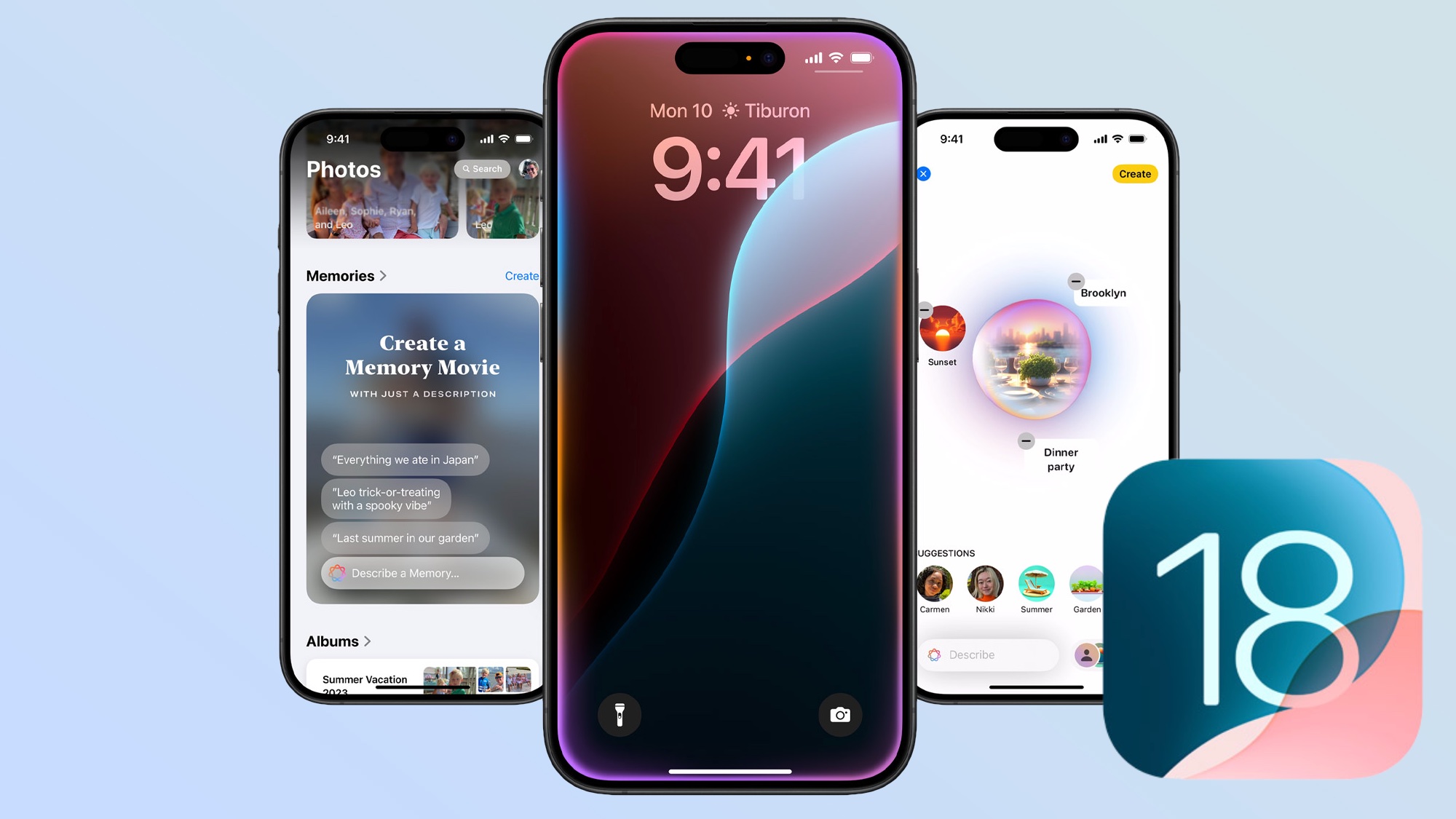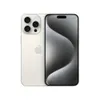The real reason Apple Intelligence won't work on older iPhones just got revealed
Apple Intelligence could work on older iPhones — but here's why Apple won't do it

Apple Intelligence was met with a warm reception at WWDC 2024, except things soured a little when we learned that the iPhone 15 Pro and iPhone 15 Pro Max would be the only Apple smartphones capable of using it when it launches. But a new interview with three Apple executives has given us a better idea of why Apple's latest and most expensive iPhones happen to be the only ones capable of using Apple Intelligence.
While speaking with Apple's John Giannandrea, Craig Federighi and Greg Joswiak for a live recording of his podcast, John Gruber of Daring Fireball asked about Apple's decision to place the device cut-off for Apple Intelligence compatibility where it has (1:20:08 if you want to skip to the specific moment). Giannandrea, Apple's senior vice president for machine learning and AI strategy, replied that, while it would be possible to run Apple Intelligence on older, less powerful iPhones, it wouldn't be fast enough.
"The inference of large language models is incredibly computationally expensive… You could in theory run these models on a very old device, but it would be so slow that it would not be useful," said Giannandrea.
When Gruber directly confronted the panel about if the Apple Intelligence cut-off was "a scheme to sell new iPhones," Joswiak (Apple's SVP of worldwide marketing" responded that since any iPad or Mac with an M-series chip (the oldest of which is the MacBook Air M1, launched in 2020), that shows Apple Intelligence compatibility is hardware-based, and not just a ploy to drive upgrades.
Federighi (SVP of software engineering) added, "Our first move in any way is to figure out how we can bring features back as far as we can."
"It's a pretty extraordinary thing to run models of this power on an iPhone and it turned out it took us building this iPhone."
More RAM and a big NPU are key
When pressed for further details, Federighi said that Apple Intelligence compatibility is reliant on "many dimensions of the system", and that "RAM is one of the pieces."
Sign up to get the BEST of Tom's Guide direct to your inbox.
Get instant access to breaking news, the hottest reviews, great deals and helpful tips.
The importance of RAM capacity for running Apple Intelligence was already suggested by analyst Ming-Chi Kuo, who noted that 8GB RAM seems to be the minimum in any compatible Apple device. The only iPhone models offering that much RAM are, you guessed it, the iPhone 15 Pro and iPhone 15 Pro Max.
Giannandrea also pointed to the Neural Engine, Apple's in-house NPU, as a major factor. "A17 Pro (the chip inside the iPhone 15 Pro) is not the first A chip that's got a Neural Engine, but it's got a much bigger Neural Engine than the chip that came before." To be specific, the A17 Pro’s Neural Engine is capable of 35 TOPS (tera/trillion operations per second), compared to the 17 TOPS of the A16 Bionic chip used in the basic iPhone 15 and the iPhone 14 Pro.
The silver lining for owners of older iPhones is that the other new features announced as part of iOS 18 will work on iPhones as old as the 2018 iPhone XS and iPhone XR. That includes things like greater home screen and lock screen customization, app hiding and locking capabilities, a wider range of text formatting for Messages, and a new design for the Photos app.
We're hoping that all iPhone 16 models (expected to launch this September) will be capable of using Apple Intelligence, as it's rumored that all models should use enough RAM and advanced enough chipsets.
But maybe anyone looking to upgrade their iPhone this year to make the most of Apple Intelligence, which is already confirmed to launch in fall, will need to spring for the iPhone 16 Pro or iPhone 16 Pro Max in order to guarantee full compatibility.
More from Tom's Guide
- Forget iPhone 15 — 7 biggest reasons to wait for iPhone 16
- Samsung Galaxy S25's best feature could force a major price hike
- Sorry, Apple — iOS 18 locked apps feature is great, but Android’s is still better

Richard is based in London, covering news, reviews and how-tos for phones, tablets, gaming, and whatever else people need advice on. Following on from his MA in Magazine Journalism at the University of Sheffield, he's also written for WIRED U.K., The Register and Creative Bloq. When not at work, he's likely thinking about how to brew the perfect cup of specialty coffee.











